Synagogue Terrorism Sharpens Security in Atlanta
Open doors as a sign of welcome during Shabbat services are a tradition at many synagogues. Today the visible presence of security is a sign of welcome.
Dave Schechter is a veteran journalist whose career includes writing and producing reports from Israel and elsewhere in the Middle East.
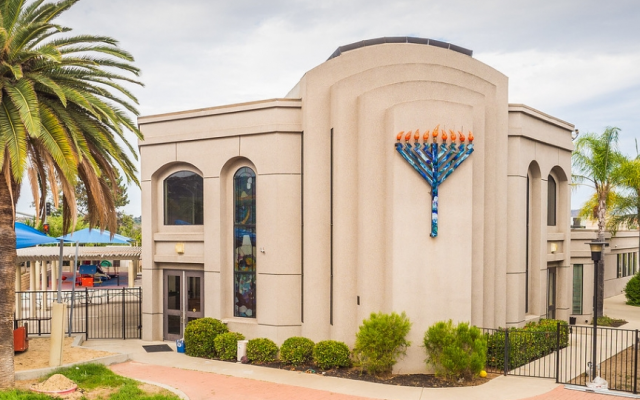
Open doors as a sign of welcome during Shabbat services are a tradition at many synagogues. Today the visible presence of security is a sign of welcome.
The challenge of balancing welcome and security is both practical and existential.
Rabbi Daniel Dorsch of Congregation Etz Chaim referenced a rabbi who “referred to the American diaspora as the best sukkah that the Jewish people have ever had in our history.”
“Echoing the words of Psalm 30, we assumed until recently that ‘nothing could shake our security.’ Now, what seems to be most frightening to people – especially those of us who regularly attend shul expecting a safe place – is that there is a sudden awareness of the fragility of the walls of our sukkah that, in recent years, we assumed had become permanent,” Dorsch said.

Coming six months to the day after the massacre at the Tree of Life-Or L’Simcha synagogue in Pittsburgh, the April 27 terrorism at Chabad of Poway, near San Diego, brought the dilemma into even sharper focus.
“I think today’s reality is the circles of impact have gotten much closer to home. Whereas in the past we felt connected to events that occurred in Israel or in Europe, and empathized and prepared, unfortunately we are now seeing things occurring here in the United States, and it is hitting much closer to home. It is a delicate and difficult balance to maintain, trying to raise awareness and not create fear at the same time,” said Marc Sokol, congregation president at Young Israel of Toco Hills.
The security program created in 2001 by the Jewish Federation of Greater Atlanta provides professional guidance in finding that balance.
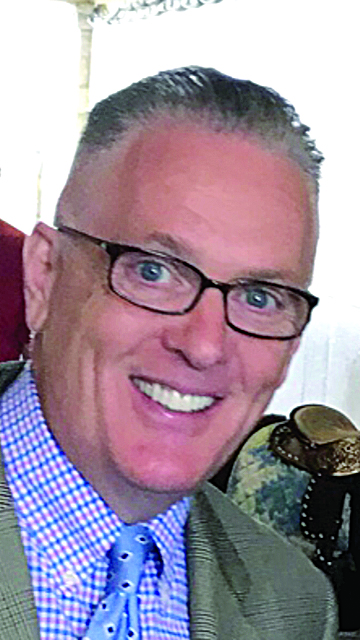
“It’s the footprint of the Jewish community to be welcome and open,” said Cathal Lucy, the Atlanta Federation’s director of community-wide security.
“Unfortunately, when an event like Poway, Calif., happens, my phone rings more than it normally does,” Lucy said. “Anxiety levels to go up,” reflected in calls seeking advice on enhancing security measures.
Shelly Dresdner, associate executive director of Temple Sinai, described the balancing act as “unfortunately ongoing and challenging.” She said, “We continue to focus on keeping an appropriate balance as it relates to campus security and creating a welcoming environment.”
That is the attitude Lucy likes to hear. “Security [planning] is ongoing. It’s fluid. It’s alive,” he said.
Lucy speaks in terms of concentric circles of security. An outer layer might be fencing, a middle layer, entry doors, and an inside layer, the lobby, offices, classrooms or the sanctuary.
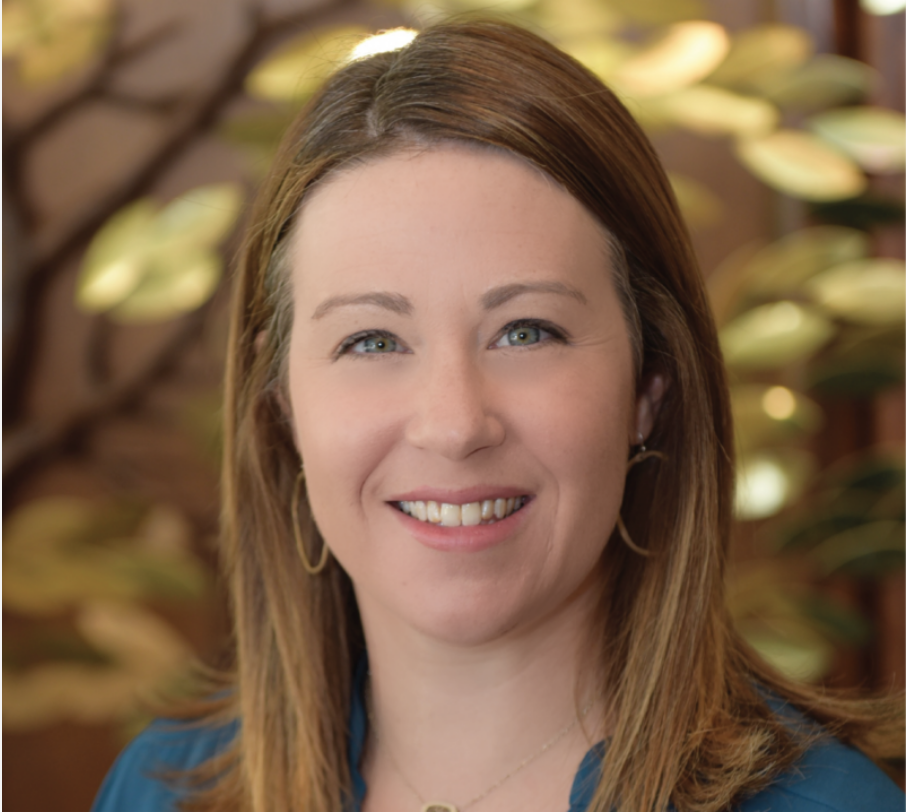
“Security training is a very important portion of that,” he said, but so is “target hardening,” the installation of “physical assets,” such as fencing, door access controls, cameras, and lights.
Upgrading security can be a necessary, but potentially expensive proposition.
“I have seen an increase lately in donations to our security fund. I think people are beginning to realize the importance of security and preparedness, and the fact that it is not cheap,” Sokol said.
The federal government recently released the list of institutions that will share $60 million that Congress appropriated in fiscal year 2018 for the Nonprofit Security Grant Program.
Jewish institutions in metro Atlanta have received nearly $1.52 million through the program in the past three years.
The $252,452 approved for the Atlanta metro in fiscal year 2018 will be shared by the Marcus JCC and Temple Sinai. Under the program, the recipient institutions file through the Georgia Emergency Management Agency to receive the federal funds as reimbursement for money spent on pre-approved security upgrades.
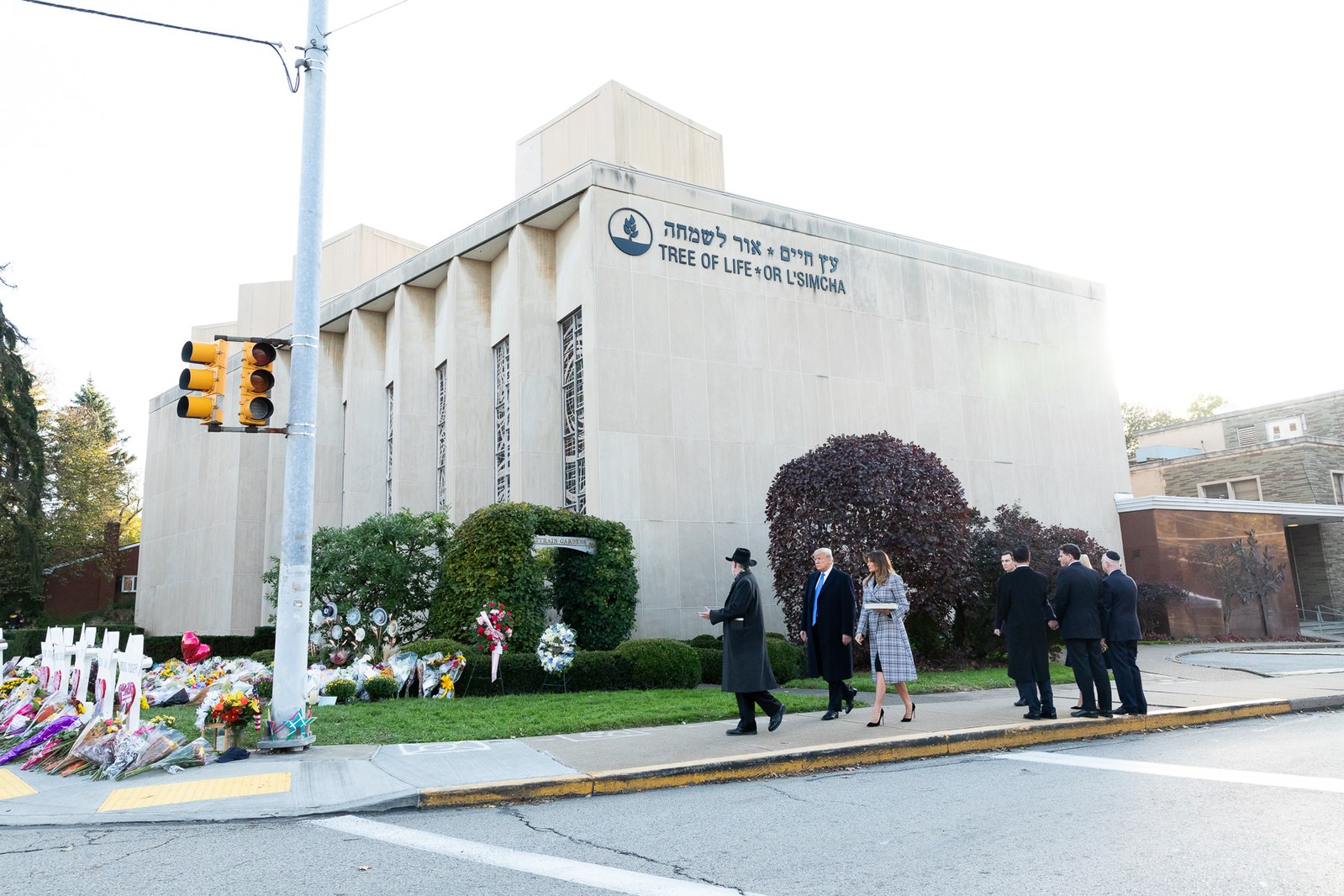
The MJCCA, which recently assessed members a $5 per month security fee, would not discuss issues related to security.
Temple Sinai already planned building renovations to begin this summer. “While we will be making upgrades to various aspects of our security system during the renovation, the main focus of the grant expenditures is on campus-wide communication hardware and software,” Dresdner said.
Another $200,000 in fiscal year 2018 funds designated for Georgia outside metro Atlanta will be shared by Chabad of Athens, Inc., and three institutions in Savannah: the Chabad Center for Jewish Life, the Rambam Day School, and Congregation Bnai Brith Jacob.
Congress appropriated $60 million for fiscal year 2019 but made an important change, allowing reimbursement for contracted security personnel.
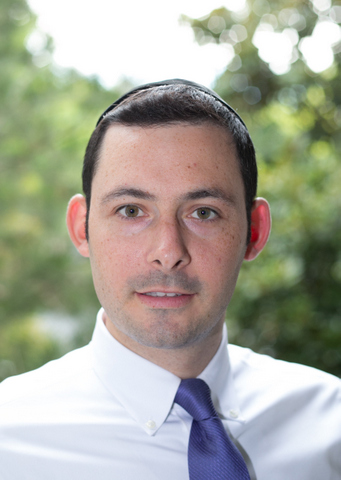
“The tragic reality of Jewish history, both ancient and modern, is that Jews feeling safe in their places of worship has often been the exception, not the rule. Our people have been attacked at one time or another in our houses of worship in virtually every part of the world. Thankfully, these recent attacks are international news, which shows how far we have come,” said Rabbi Yitzchok Tendler, executive director of Congregation Beth Jacob.
As for striking the right balance, “We continue to have a policy to welcome all who want to pray, but we exercise caution in terms of security coverage, as well as increased vigilance by members to identify any potential red flags,” Tendler said.
“Our doors will always remain open, as we strive to be a welcoming congregation to all visitors. At the same time, we maintain a vigilant presence through volunteers, in coordination with local police resources, and are constantly looking for ways to improve the safety and security of our shul for all congregants and visitors,” Sokol said.



comments